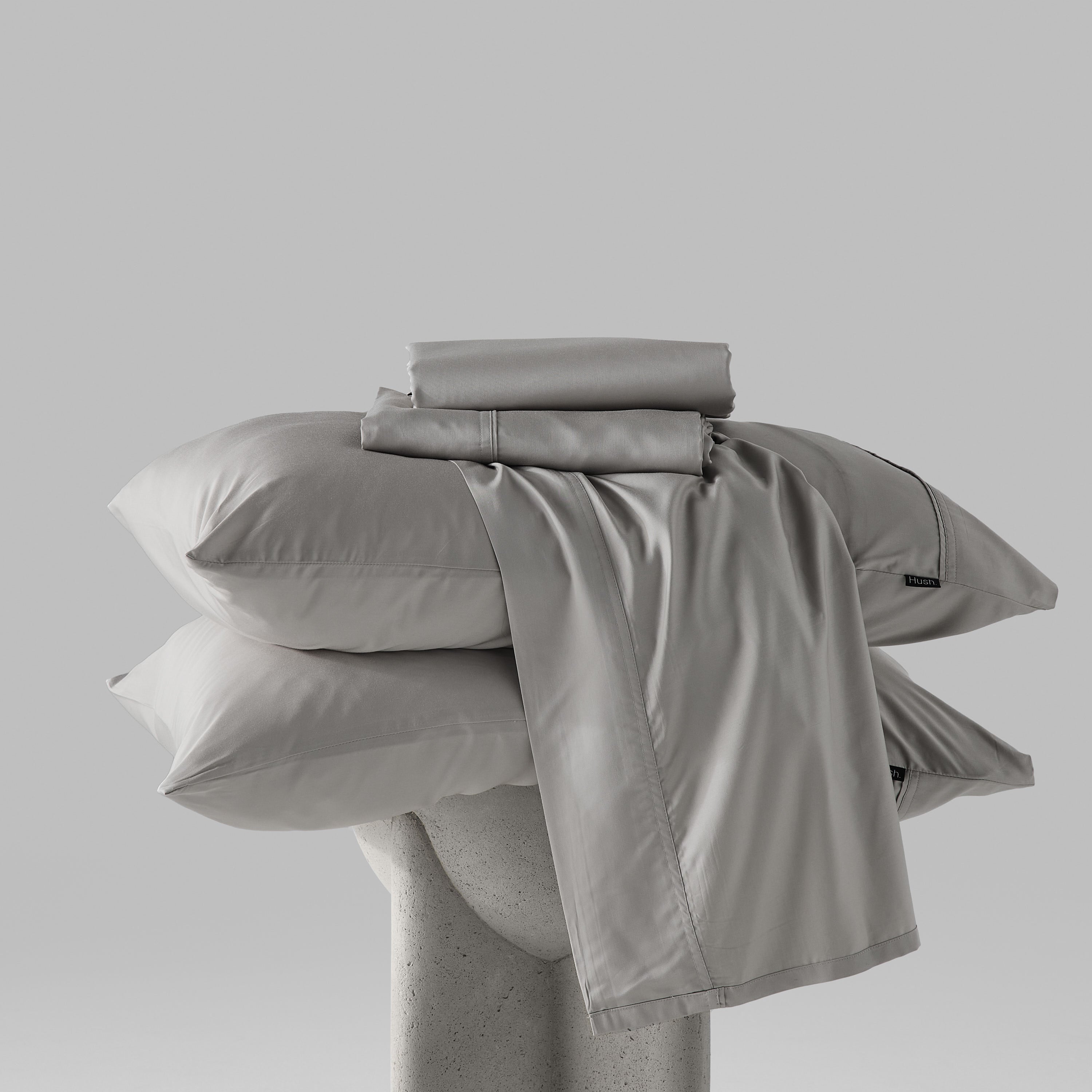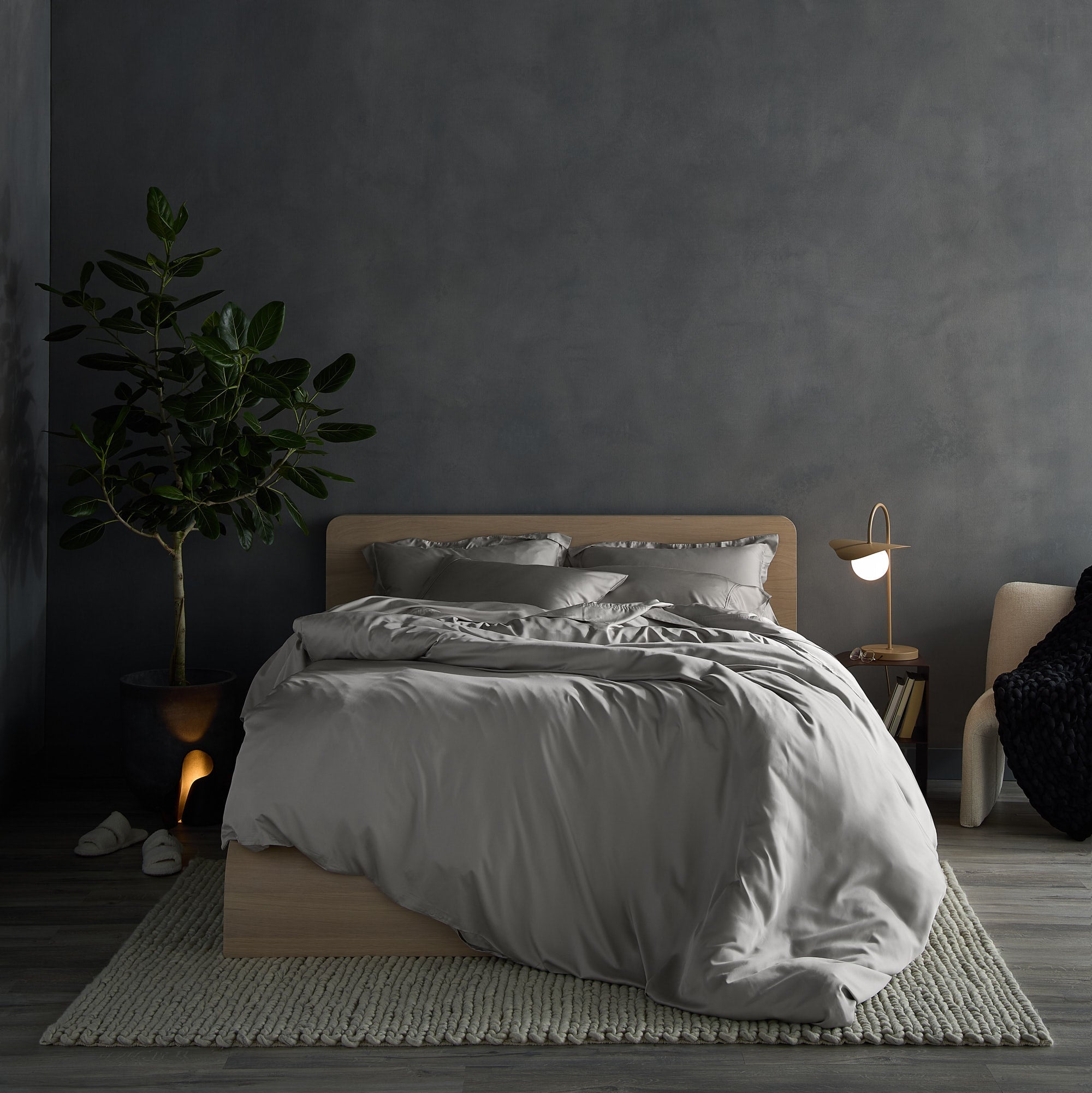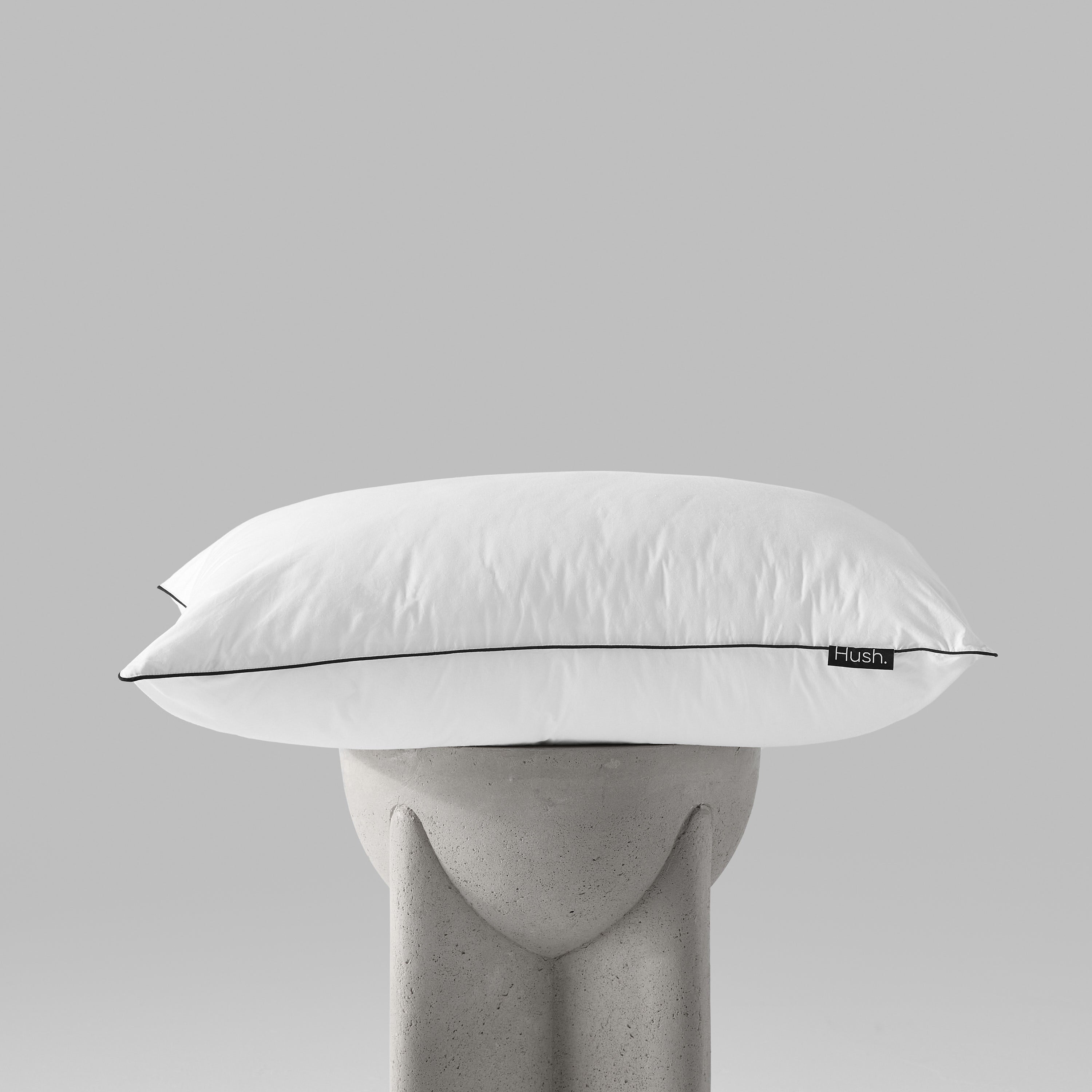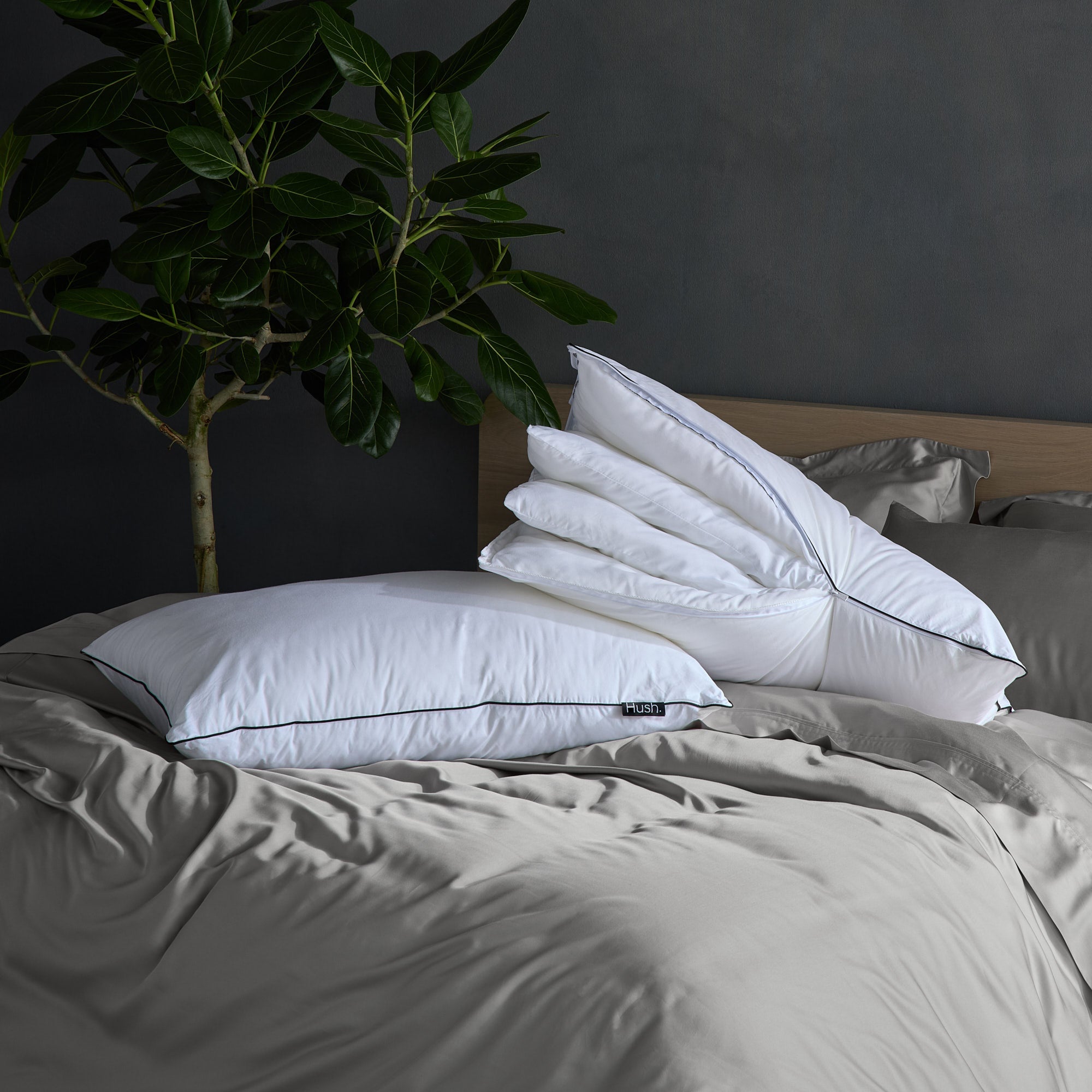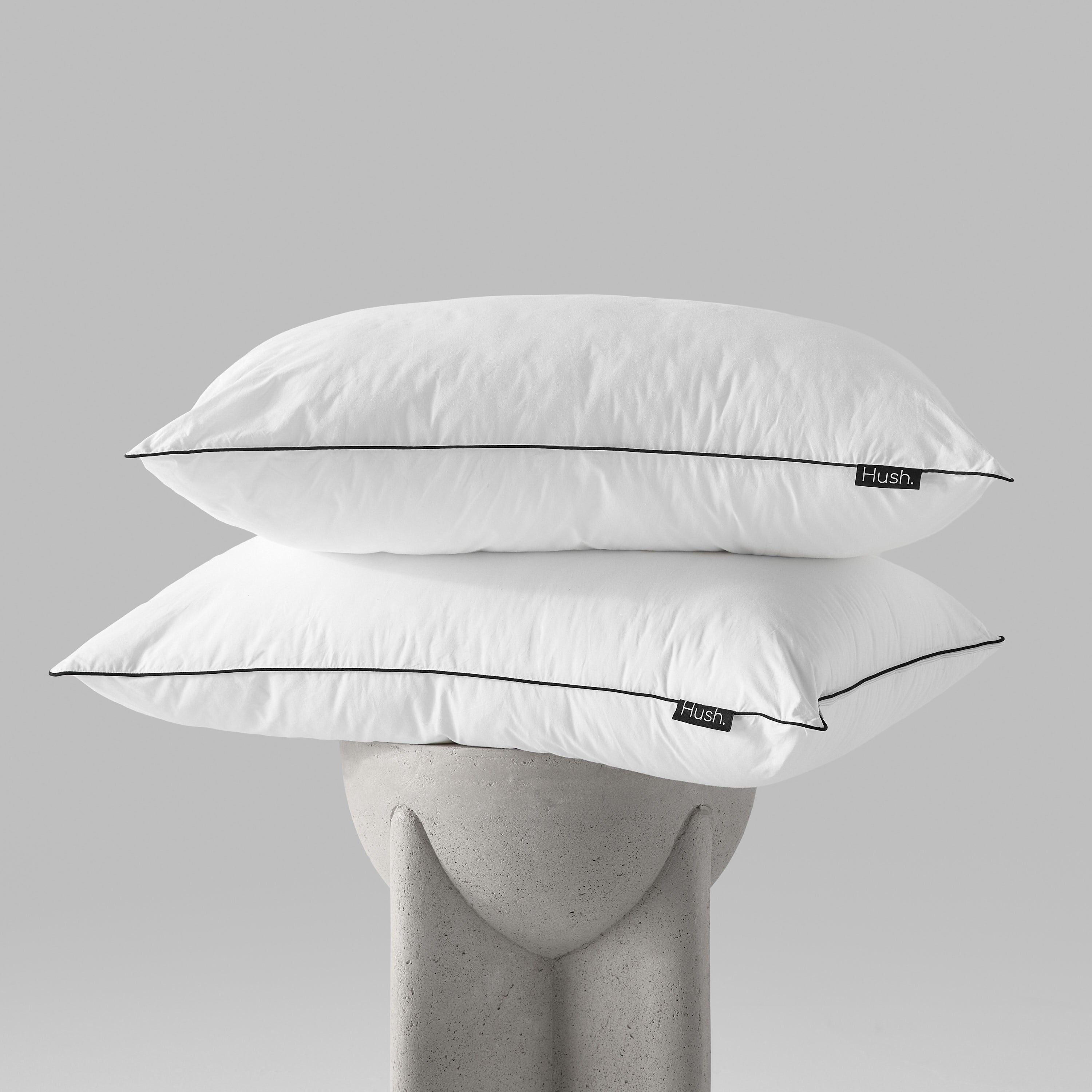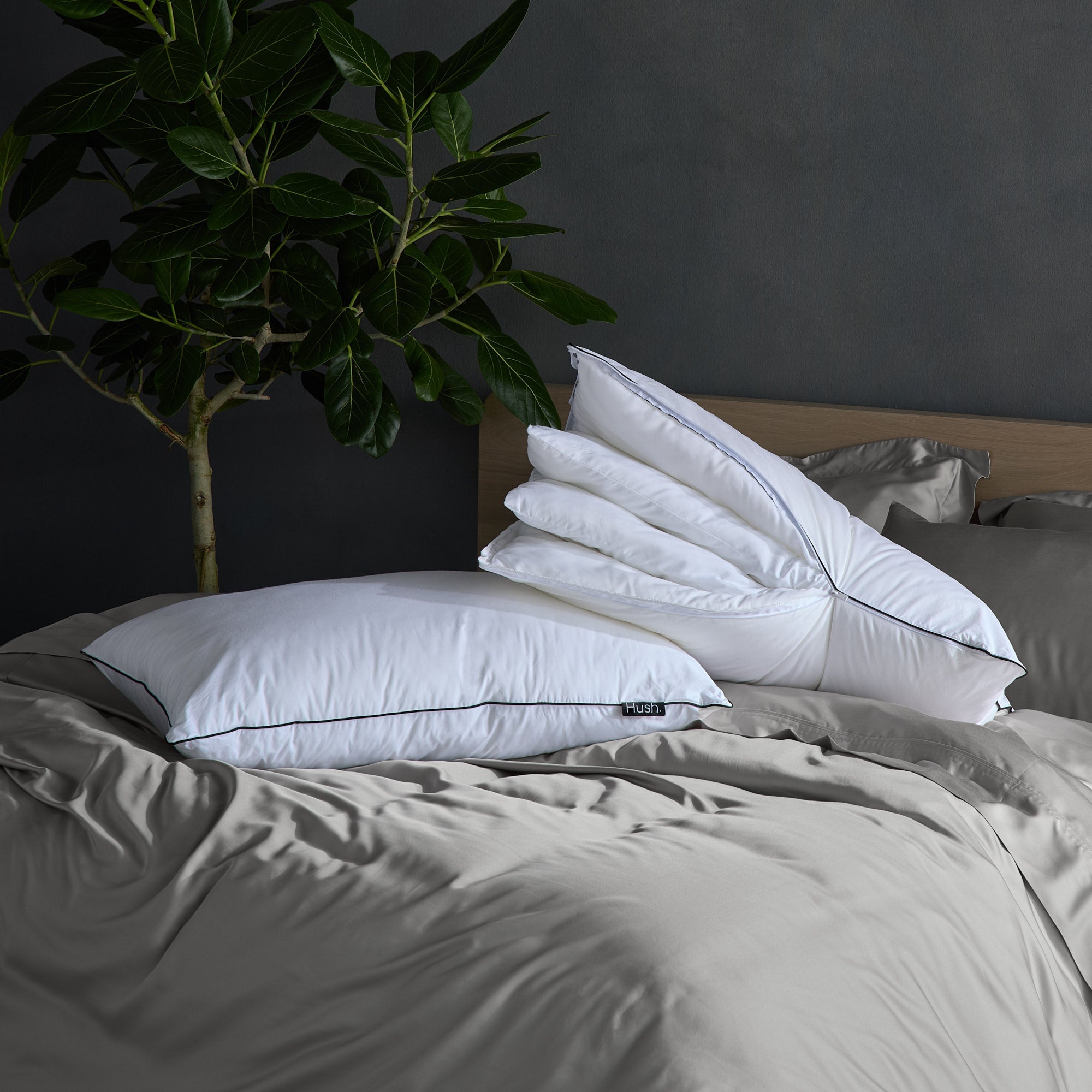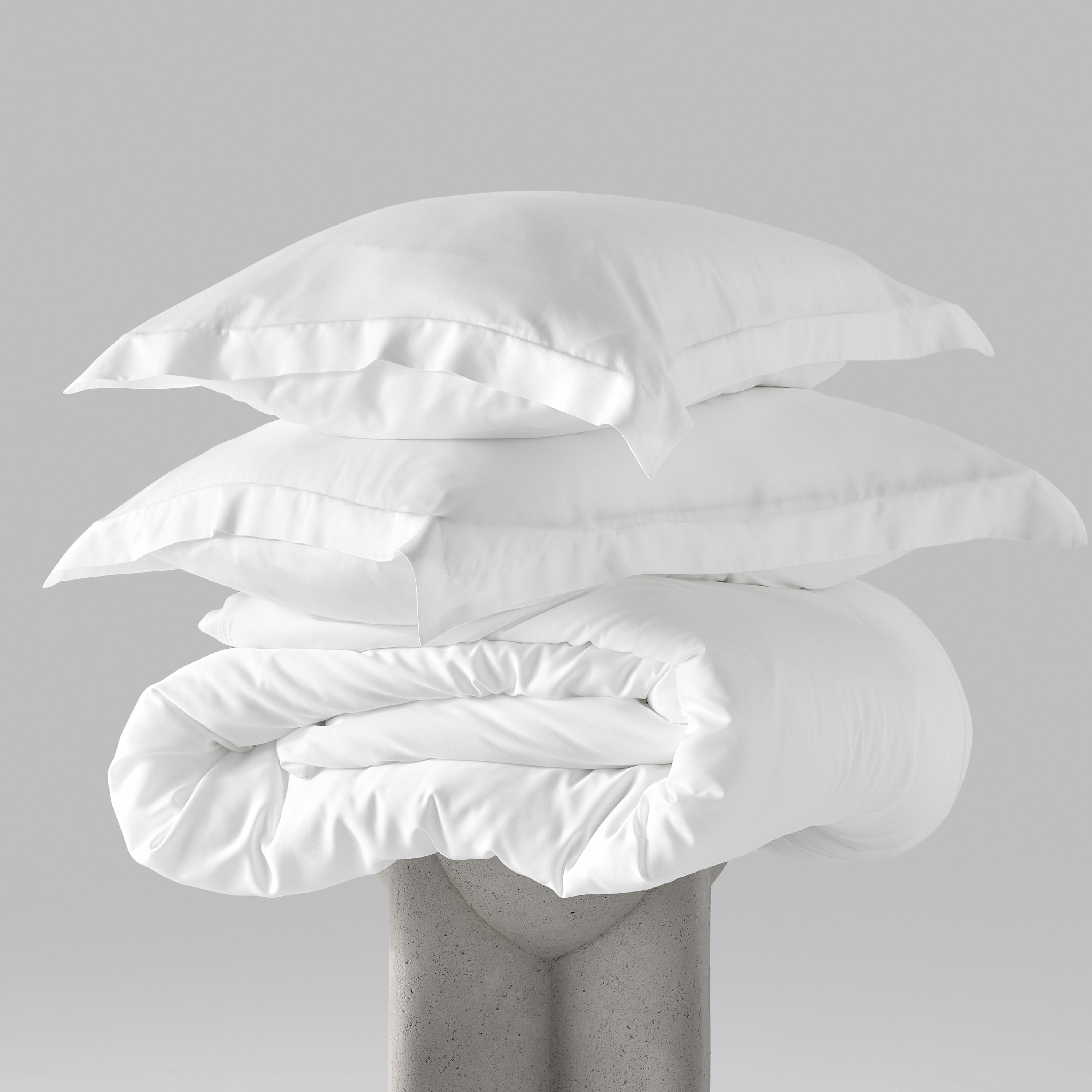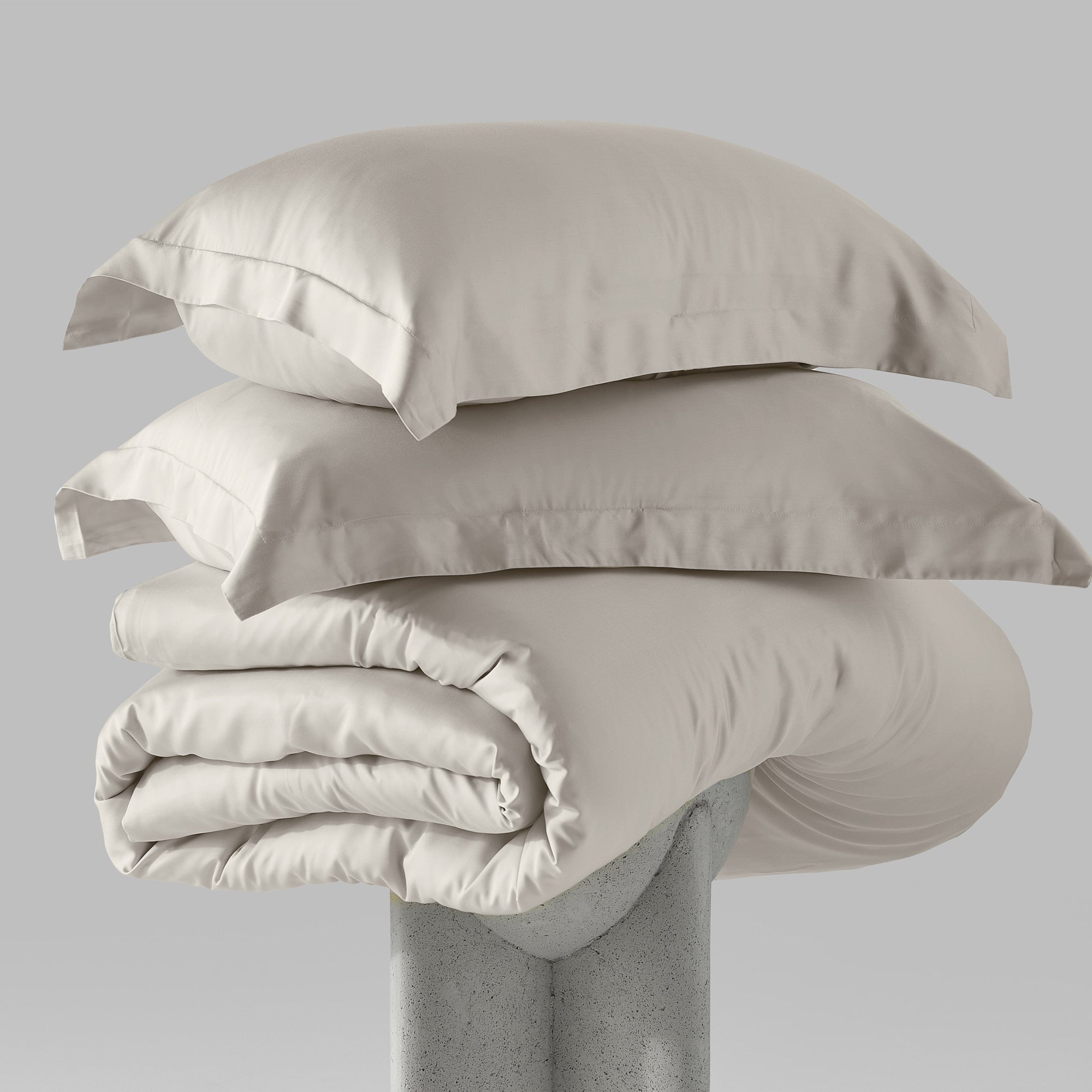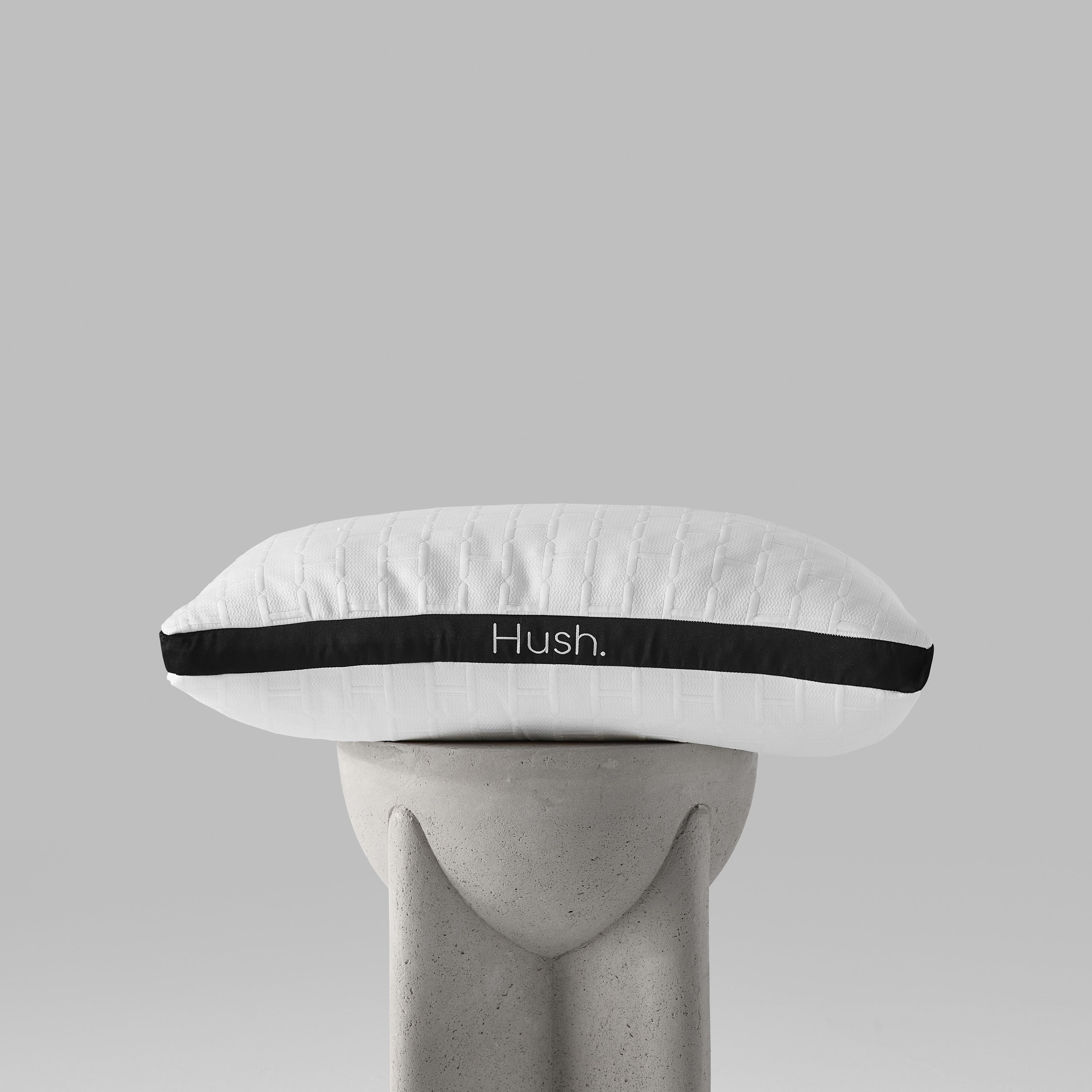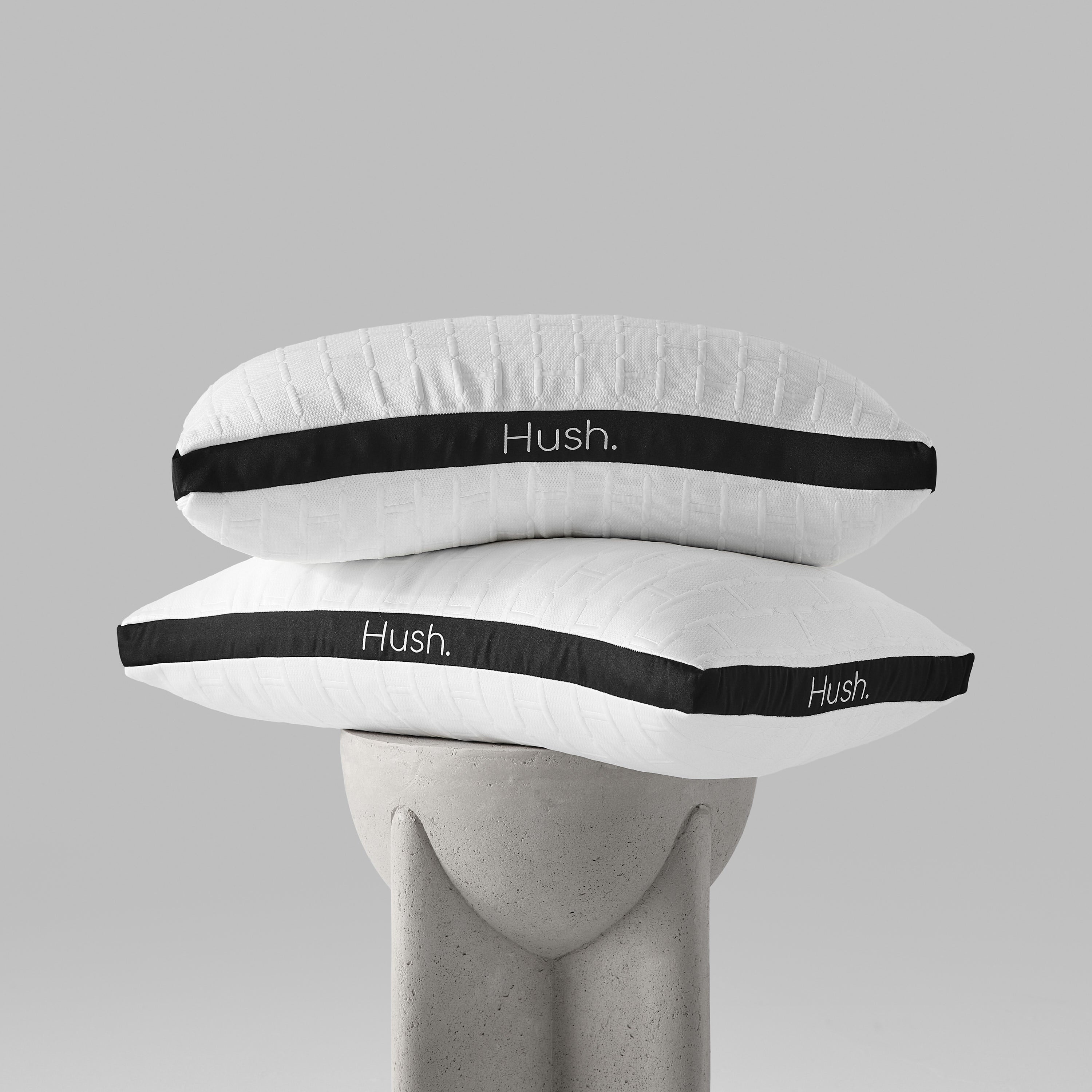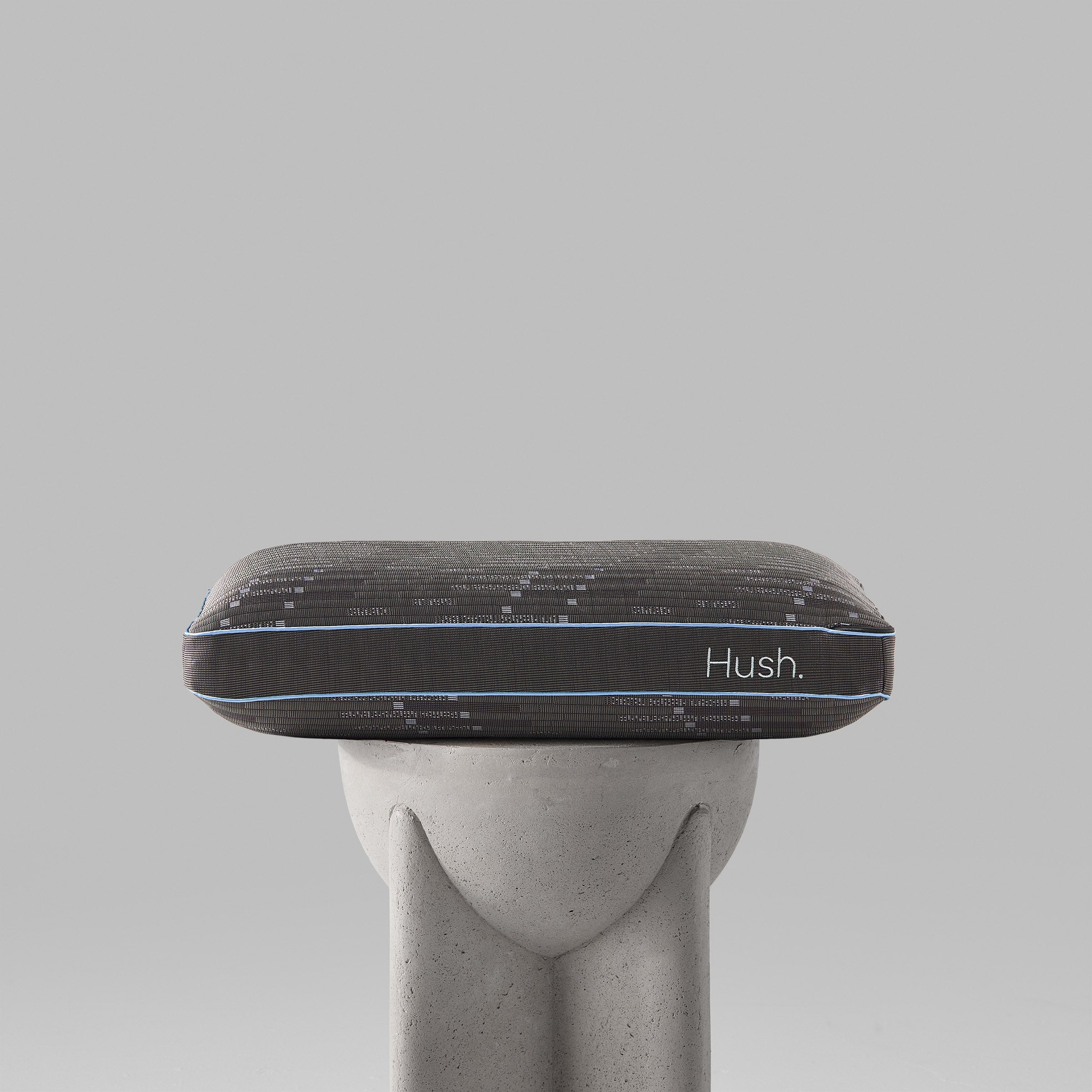
The recent year has been one of the most stressful periods we’ve had. The coronavirus pandemic and its resulting restrictions caused plenty of anxiety.
While feeling stressed or anxious is part of being human, we can all learn to manage our stress in healthy and productive ways, like journaling or using a weighted blanket. If you’ve felt your stress and anxiety levels have been higher than usual, learning some strategies could help. In this article, we’ll talk about the effects of stress and how to calm down the mind and body.
The Physical Effects of Stress
Stressful situations cause physical responses. According to Harvard Health Publishing, these stress responses can include:
- Increased heart rate
- Fight, flight, or freeze reactions
These responses heighten our senses and make us ready to react. They allow us to hide from predators, run from a fire, or take on an uncomfortable conversation with our partner.
Some stress is good for us. It’s how our ancestors learned to survive. But chronic stress can wreak havoc on our bodies and our mental health.
Chronic stress keeps your body in a constant state of the stress response, according to the American Psychological Association. Large amounts of this “high alert” state in the nervous system can lead to medical conditions, including:
- High blood pressure
- Increased levels of cortisol (which can lower immunity)
- Muscle atrophy
- Mood dysregulation
- Gastrointestinal distress
- Sexual dysfunction
These symptoms might seem manageable, but the long-term effects of chronic stress can also lead to headaches, fatigue, sleep disturbances, panic attacks, and more.
How To Calm Down: Easy Strategies That Work

Learning how to calm down helps us manage stress and decrease symptoms of chronic stress.
While there are many ways to practice long-term self-care techniques that manage stress, we have some strategies you can use when you’re in the middle of a stressful situation.
How To Calm Down the Body
Because we store our tension in our bodies, it’s vital to practice ways to calm the body down.
Relaxation techniques used with a weighted blanket can pause our stress responses and give us an opportunity to release our negative emotions. Here are two major ways to calm down the body:
- Deep breathing exercises
- Progressive muscle relaxation
Deep Breathing
Deep breathing triggers our bodies to slow down. According to a study published in Frontiers in Psychology, deep breathing, or diaphragmatic breathing, improves attention, lowers cortisol, and lessens the effect of stressful situations.
Deep breaths tell your heart it can slow down to a normal range, which has a calming effect on your entire nervous system.
One breathing exercise you can try is square breathing. Here’s how to do it:
- Inhale while you count to four in your head.
- Hold the breath for four counts.
- Exhale for four counts.
- Hold the breath for four counts.
- Repeat.
To make this part of your nighttime routine, crawl under your weighted blanket, take a moment to focus, and then begin square breathing.
Progressive Muscle Relaxation
In progressive muscle relaxation, you tense and release your muscle groups systematically. According to the University of Michigan Health Library, tensing muscles makes them relax more when you let them go. It’s like when you’ve been carrying your 35-pound toddler piggyback for an hour, and you finally get to put them down.
Here’s how to do this exercise:
- Decide whether you’ll move feet to head or head to feet.
- Starting at either end of your body, tense one body part or muscle group at a time, hold them tense for 8-10 seconds, and then release.
- Move from one body part or muscle group to the next.
- If you find this difficult, try finding a guided podcast or video to follow until you get the hang of it.
This is a great way to relax while you rest on the couch after a long day. Slip beneath a weighted throw to make the relaxation even deeper. According to PennMedicine.org, the gentle pressure helps muscles relax and adds to the benefit of deep breathing.
How To Calm Down the Mind
Stress that starts in the mind is so common, yet we aren’t often taught how to manage it. Try starting with mindfulness and journaling. You might find that as you release mental stress, your body feels less tense and vice versa.
Practice Mindfulness
Mindfulness helps you better notice when you’re stressed. When you can monitor your emotions in this way, it makes it easier to know when it’s time to change your self-talk, start your breathing exercises, or do whatever best helps your body calm down. Ultimately, this tends to relax the mind and body.
According to a study published in the Journal of Consulting and Clinical Psychology, people who practice mindfulness are better able to manage their thoughts and feelings surrounding stressful events.
Mindfulness is about focusing on the present moment, rather than dreading that presentation in your future or kicking yourself for the awkward comment you made to your neighbor in the past.
In the present, you might notice those feelings of tension. When practicing mindfulness, you’ll observe this stress without trying to shove it aside — this actually makes the stress less intense. Even admitting your stressful feelings can help you release them, says Erin Olivo in a Psychology Today article - don’t deny your negative thoughts, allow them to pass through you and then let them go.
Try just five minutes of meditation a day — there are plenty of apps to help. Tap into a deeper mindfulness or visualization practice by using a heavy blanket during your practice. Focus on the weight pressing down on you as your body calms down. You can even add essential oils to an aroma diffuser, like sweet basil, bergamot, rose, or frankincense to make your room as relaxing as possible.
Start a Journaling Practice
Journaling is a great way to understand our inner landscapes. As one form of expressive writing, it allows us to think through our feelings and helps us get to the root of them. According to the University of Rochester Medical Center, journaling helps us:
- Prioritize problems, fears, and concerns
- Track symptoms” and “learn triggers
- Provide opportunity for positive self talk
- Identify negative thoughts and behaviors
In short, journaling can help us process negative emotions and practice more positive thinking for a greater sense of well-being and a stronger sense of self.
Here’s another reason why it’s so effective. Writing uses our left-brain — the analytical side. According to PositivePsychology.com, when that part of the brain is occupied with the task of writing, our right-brain — the creative side — is let loose. Being creative fosters a sense of problem-solving and positivity.
So grab your notebook and snuggle under a weighted blanket to create an extra cozy, relaxing space. While the grounding effect of a heavy blanket settles your body, the calming effect of journaling settles your mind. Using journaling and a weighted blanket together can help you calm down even more.
Weighted Blankets Work With All Calming Strategies
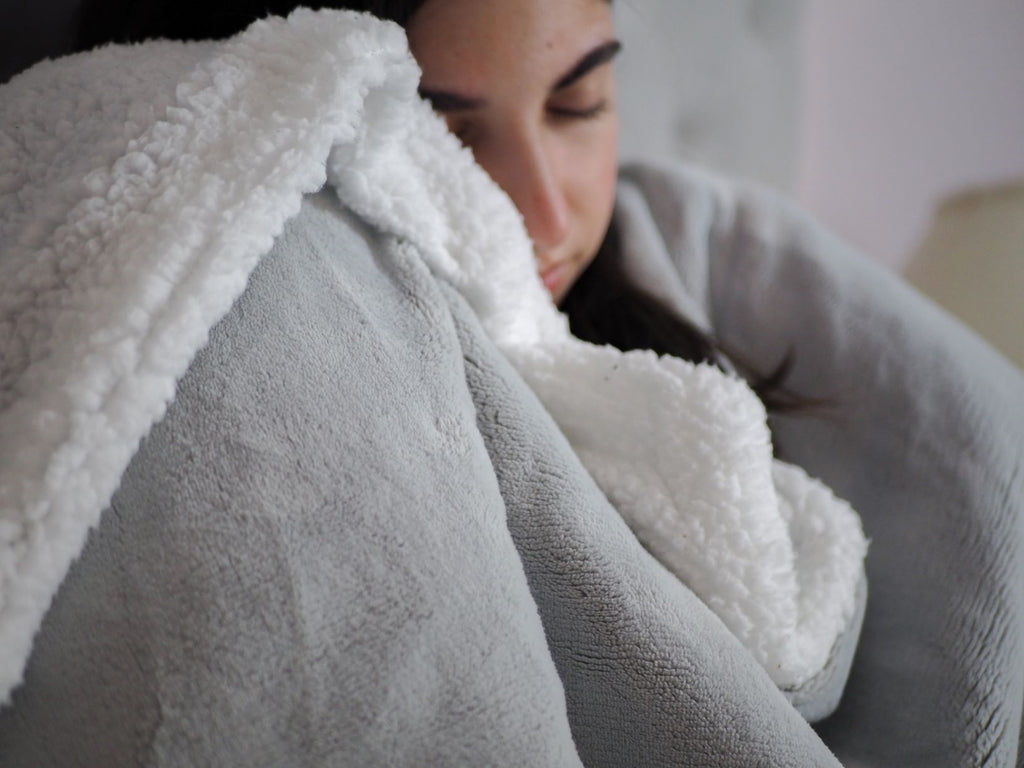
The calming strategies we use to deal with stress and anxiety need to be simple and convenient. While they’re especially comforting after a stressful day, they should also be part of our regular wellness and self-care practices.
A weighted blanket should be your go-to companion for stress relief exercises, no matter if it’s after a hard day with clients or a particularly alarming news day.
Do these relaxation exercises alone, or gather your kids on the couch under the blanket and practice mindfulness or progressive muscle relaxation together. Or better yet, get them their own, so you can have a few quiet minutes to yourself.










